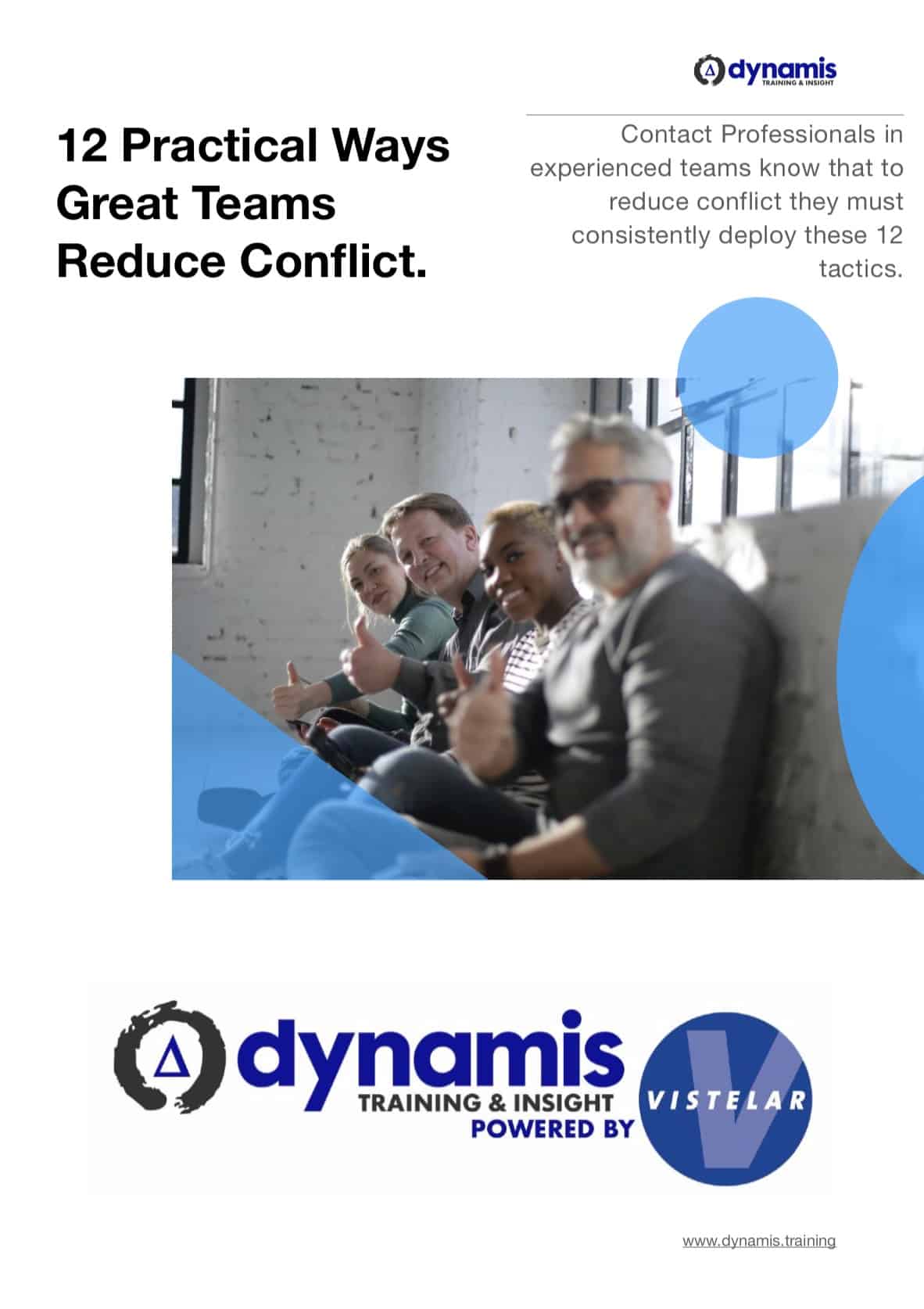How to be unbiased when approaching a patient
When considering how to really make changes in a hospital or healthcare service through a prevention and management of violence and aggression (PMVA) training programme, there should be a focus on the concept of “Showtime” which is a way for how to be unbiased when approaching a patient.
“Showtime” as we use it in our Verbal Defense and Influence (VDI) method, is a trigger-word that can remind us that when we are involved in our professional work there are always actors and an audience, a stage under lights supported by the backstage behind the curtains and the product of everyone’s activity is to create an experience for the patient or client.
As Fred Lee said in his excellent book:
“Hospital work is theater whether we call it that or not. In this context the word “theater” is not a metaphor. Scores of management metaphors abound—soaring with eagles, leading like geese, flying with the buffalo, herding cats, swimming with sharks, dancing with elephants, training whales, moving with the cheese—to name a few. But even though each of these spotlights a particular aspect of leadership, none is a comprehensive model.”
Showtime means that you as an individual staff or team member are always aware of your role as a performer. Because, whether the performer is aware of it or not, he or she is always communicating. The subtle expressions of tone of vioce, facial expression, and body language may not be under the control of conscious thought, but they can still convey powerful and dramatic messages.
How to be unbiased when approaching a patient – be like an actor!
One of the hallmarks of a professional is that they have an ability to repeat a performance over and over again with the same consistency, and it is the “Showtime Mindset” which underlies this. When the lights go up and the audience engages their attention, the performance begins and, especially in a risky or high-stress interaction, the consistent, mindful responses of a professional are what will more easily find the path to peace.
Showtime is mostly invisible to people, until it is absent. Think about a time when you saw a professional person (maybe even wearing a uniform, clearly representing their organisation) who somehow let their professionalism ‘drop’ to reveal an unprofessional attitude, approach or personal value?
A great PMVA training course will ask staff to consider what is their professional persona and how they can refresh it with every single patient interaction, or in other words, How to be unbiased when approaching a patient.
—-
Gerard O’Dea provides tailored PMVA training courses for hospital and healthcare services where people are treated with dignity and shown respect, even in their most difficult moments. Combining respectful verbalisation skills with last-resort restraint alternatives for personal safety has been his specialty for over ten years as director of training for Dynamis


